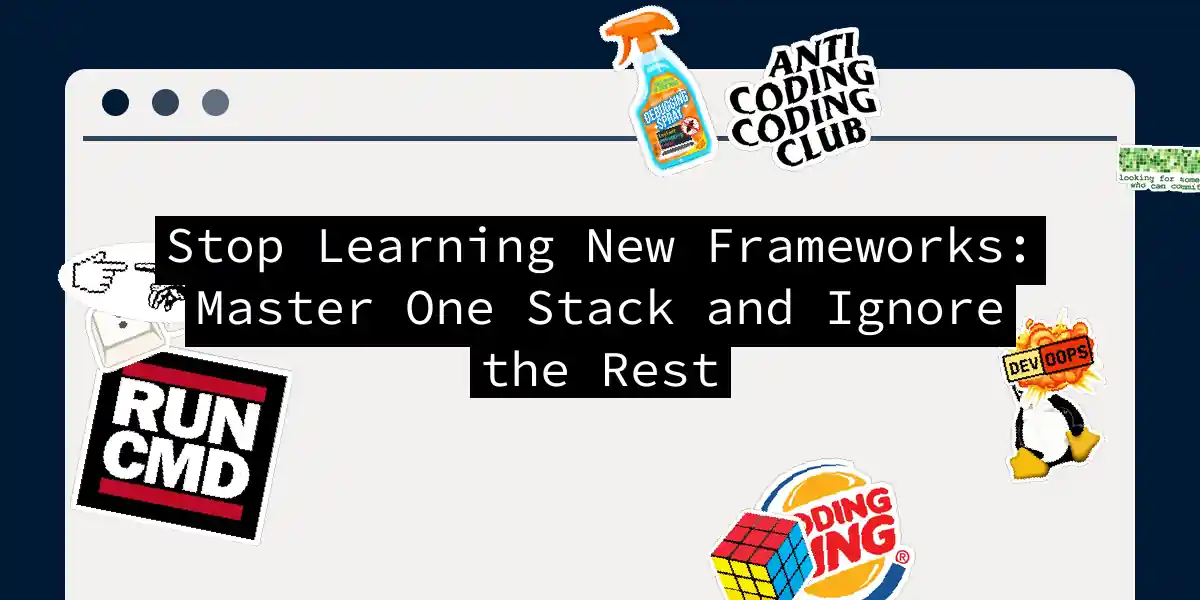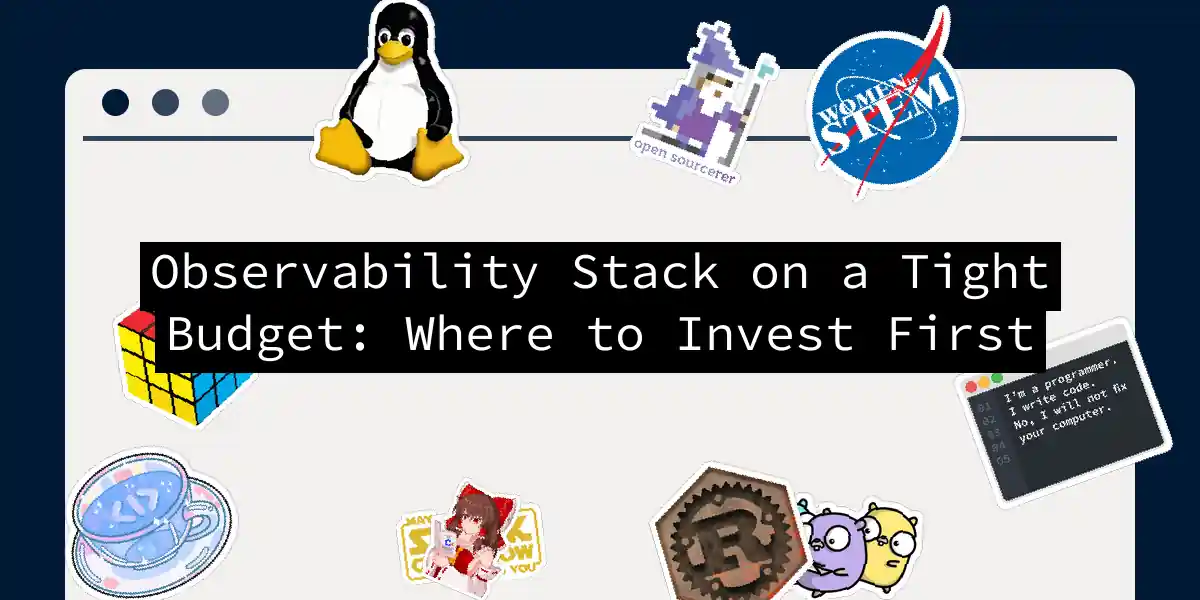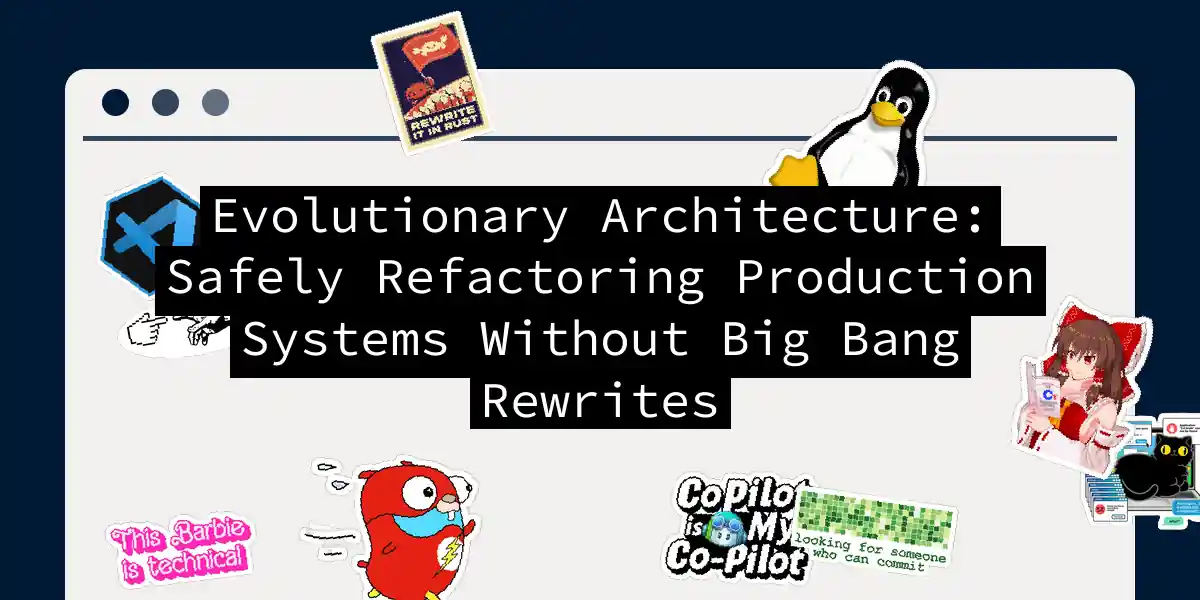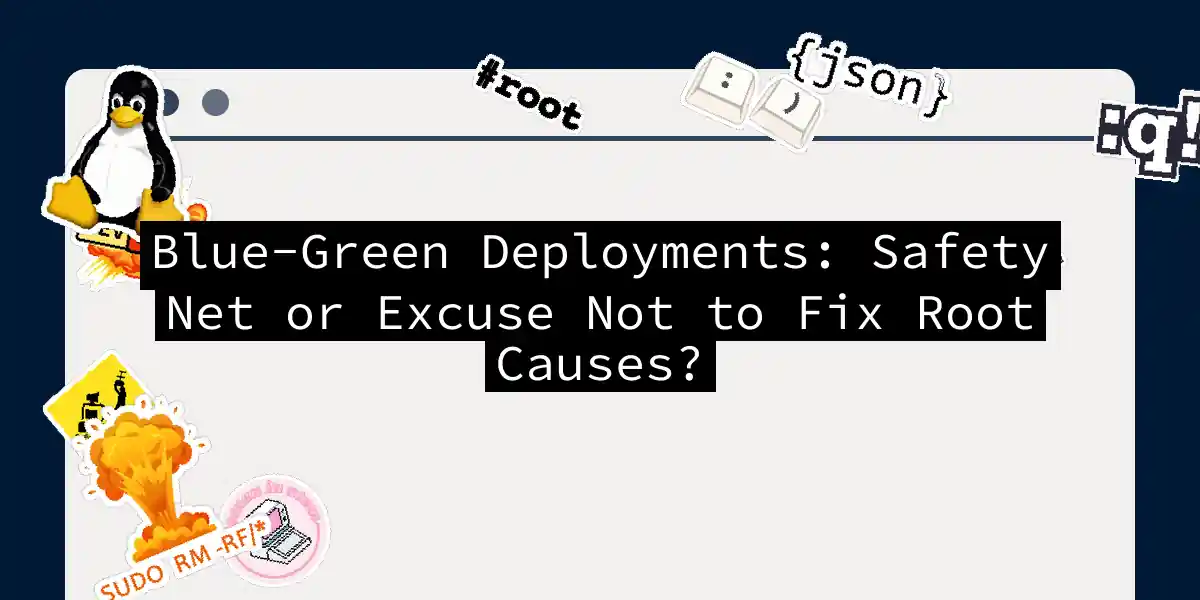
Stop Learning New Frameworks: Master One Stack and Ignore the Rest
The Framework Treadmill Nobody Asked For Let me paint a scenario. It’s Monday morning. You open Twitter. A shiny new JavaScript framework just dropped with 50k GitHub stars. The testimonials are glowing. “10x faster development!” “Finally, a framework that gets it!” By Tuesday, you’ve abandoned your three-year-old codebase to rewrite everything in this miracle worker. By Wednesday, you’ve realized it’s solving a problem you don’t have. Welcome to web development in 2026....



